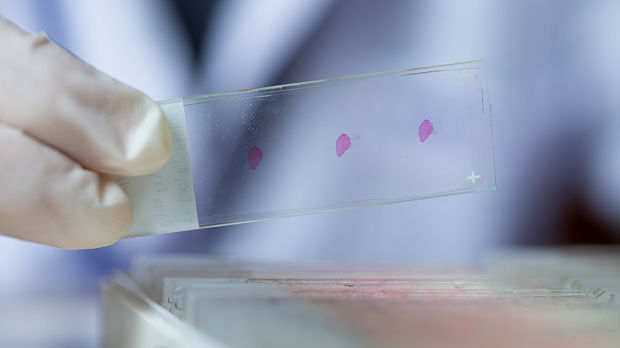
Cutaneous Oncology Clinic
June 10, 2019Featuring Todd Cartee, MD Mohs surgeon Dr. Cartee provided a comprehensive overview of cutaneous oncology in one of the afternoon breakout sessions. Incidence of non-melanoma skin cancers is increasing in patients under 40 years of age in the US. High risk basal cell cancers include micronodular, infiltrating and morpheaform subtypes. Morpheaform basal cell carcinomas tend …



